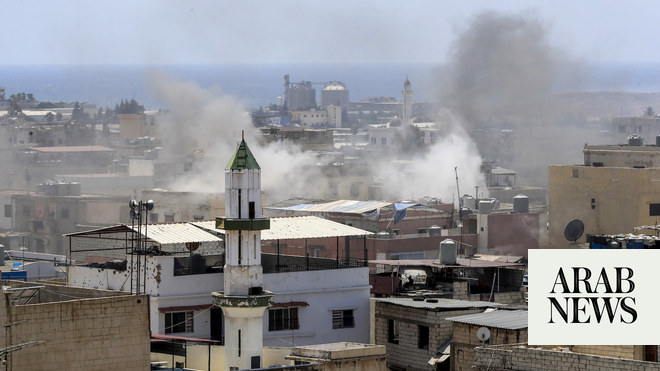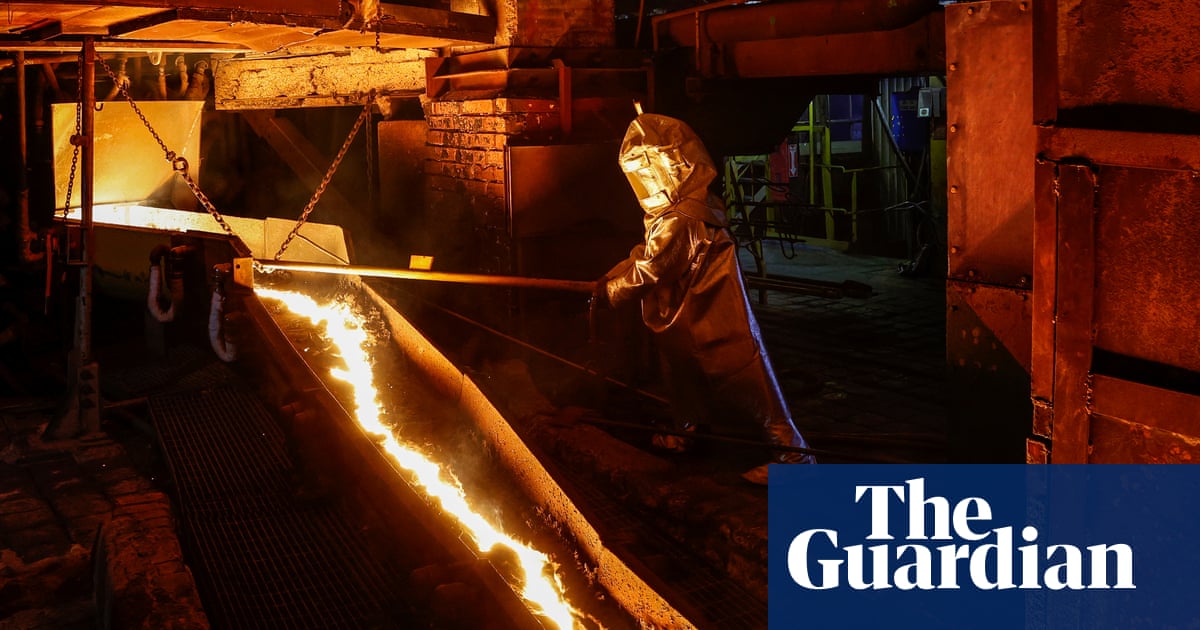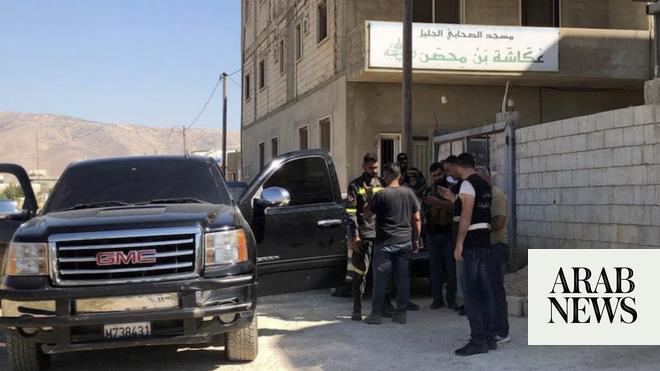
Here are some of the expressions of support from around the world:
Close allies and traditional adversaries of Lebanon paid tribute on Tuesday to the victims of massive, deadly twin blasts in Beirut, as condolences and offers of help poured in, AFP reports.
In the region, Gulf nations were among the first to react, with Qatar promising to send field hospitals to support the medical response.
Qatar’s ruler Emir Sheikh Tamim bin Hamad Al-Thani wished “a speedy recovery for the injured,” while the United Arab Emirates’ Vice President and ruler of Dubai, Sheikh Mohammed bin Rashid Al-Maktoum, tweeted “our condolences to our beloved people in Lebanon.”
Egypt expressed “deep concern” at the destruction, and Arab League chief Ahmed Aboulgheit offered condolences, stressing “the importance of finding the truth about the explosions”.
And unusually, neighbouring Israel offered humanitarian aid - to a country with which it is still technically at war.
“Defence Minister Benny Gantz and Foreign Minister Gabi Ashkenazi, on behalf of the State of Israel, have offered the Lebanese government - via international intermediaries - medical and humanitarian aid, as well as immediate emergency assistance,” a statement read.
Jordan’s Foreign Minister Ayman Safadi said Amman was ready to provide any help Lebanon needed, while Iran said it was “fully prepared to render assistance in any way necessary”.
“Our thoughts and prayers are with the great and resilient people of Lebanon,” Iranian Foreign Minister Mohammad Javad Zarif tweeted.
Yet another video – this is taken from one of the few public spaces in the city (and where my husband and I spent tome most evenings while living there):
The New York Times’ Maria Abi-Habib on the situation at hospitals:
What we know so far
On Tuesday evening in Lebanon’s capital city of Beirut, two huge explosions at the port sent an enormous blast wave across the city, killing at least 78 people and injuring thousands more. The scale of the damage caused by the blast is huge, with buildings miles from the port explosion in ruin. The blast comes at a terrible time for Lebanon, which is on the brink of financial collapse.
Hospitals, which are dealing with the coronavirus crisis, quickly filled beyond capacity, pleading for blood supplies, and generators to keep their lights on.
Lebanon’s Prime Minister, Hassan Diab, said the cause of the explosion was 2,700 tonnes of ammonium nitrate. Diab declared a national day of mourning for the victims of the explosion. The warehouse that authorities claim was the source of the blast had been the subject of warnings going back to 2014, he said. He would “reveal facts” about the warehouse soon, he said, but does not want to pre-empt an investigation.
Donald Trump has said the deadly explosion in Beirut today “looks like a terrible attack”, contradicting the information coming from Lebanese officials. Asked whether he was “confident” the Lebanon explosion was “an attack and not an accident”, he told reporters: “Well it would seem like it, based on the explosion.” The president added he had met with US generals and said they “seem to feel that it was”.
Lebanon’s Supreme Defence Council recommended declaring Beirut a disaster-stricken city, declaring a two-week state of emergency in the capital and handing over security responsibility to military authorities. A council statement, read live on television, said President Michel Aoun has decided to release 100bn Lebanese pounds in emergency allocations from the 2020 budget.
Lebanon’s economy minister, Raoul Nehme, told local media on Tuesday that the wheat in Beirut’s port granaries can not be used and that the ministry lost track of seven employees in the granaries. The minister also told local media that Lebanon will import wheat and added that the country currently has enough wheat until they begin importing it.
There was confusion among residents over whether the air had become dangerous to breathe. US Embassy in Beirut released a statement advising that people wear masks and stay indoors, following “reports of toxic gases released in the explosion”. Many people’s windows where shattered by the blast making it difficult to avoid breathing the air outside.The American University of Aerosol Research Lab’s indicators showed that air quality levels had returned to “Good” by 7pm, however, after showing “Moderate” levels of particulate matter an hour earlier.
Governments worldwide have offered support, including the UK, France, Australia, the US, Canada and Israel.
An Australian citizen has been confirmed dead. Prime Minister Scott Morrison said, “It’s my deep regret to inform you that one Australian has been killed in this horrific blast” but did not reveal further details.
UK Prime Minister Boris Johnson offered the UK’s support and said that there were British nationals affected by the incident.
From the AFP’s Sara Hussein, formerly a correspondent in Beirut:
How does this explosion compare to the Tianjin explosions in 2015?
The images coming out of Beirut are horribly reminiscent of the destruction inflicted on the Chinese city of Tianjin by a 2015 warehouse disaster that killed more than 170 people and left hundreds injured.
Lebanon’s Prime Minister, Hassan Diab, has blamed today’s catastrophe on the explosion of 2,700 tonnes of ammonium nitrate, which can be used to make fertilisers and explosives. And the same highly explosive compound was also involved in Tianjin, a major port city 70 miles southeast of the capital Beijing.
On the night of 12 August 2015 a series of cataclysmic detonations rocked an area of warehouses where large quantities of hazardous chemicals, also including sodium cyanide and potassium nitrate, were being stored, in some cases illegally.
Chinese authorities later claimed the first explosion had been triggered after the heat of summer caused a highly flammable compound called nitrocellulose to spontaneously ignite. Nearby stores of ammonium nitrate then caught fire and exploded.
Firefighters who rushed to the scene reportedly attempted to extinguish the initial blaze with water - only to inadvertently exacerbate the situation because of the presence of hazardous flammable chemicals. The majority of those killed were firefighters, including at least one teenager.
Such was the force of the Tianjin explosions that they registered as small earthquakes.
Then, as now, eyewitnesses filmed apocalyptic, almost surreal footage showing the scale of the inferno.
Here are some photographs of the devastation in the city:
There is confusion among residents over whether the air has become dangerous to breathe.
US Embassy in Beirut released a statement advising that people wear masks and stay indoors, following “reports of toxic gases released in the explosion”. Many people’s windows where shattered by the blast making it difficult to avoid breathing the air outside.
The American University of Aerosol Research Lab’s indicators showed that air quality levels had returned to “Good” by 7pm, however, after showing “Moderate” levels of particulate matter an hour earlier.
Here is our video report on the explosion in Beirut.
If you’re just joining us: Beirut has been rocked by a huge explosion, devastating parts of the city and injuring thousands of people. Eyewitness footage shared widely on social media showed a section of the city’s port area on fire before a huge blast engulfed nearby neighbourhoods, flattening buildings and leaving streets littered with broken glass and debris.
The Lebanese security chief, Abbas Ibrahim, later blamed combustible chemicals stored in a warehouse. Lebanon’s prime minister, Hassan Diab, said those responsible would ‘pay a price’ for the disaster:
Lebanon’s Supreme Defence Council recommended declaring Beirut a disaster-stricken city, declaring a two-week state of emergency in the capital and handing over security responsibility to military authorities, Reuters reports.
A council statement, read live on television, said President Michel Aoun has decided to release 100bn Lebanese pounds in emergency allocations from the 2020 budget.
It also recommended ahead of a Cabinet meeting on Wednesday that a committee be tasked with investigating the blast and present its findings within five days to mete out the maximum punishment for those responsible.
People in Beirut appear to be opening their homes up to those who need a place to spend the night – many people’s apartments are now windowless or nearly destroyed:












